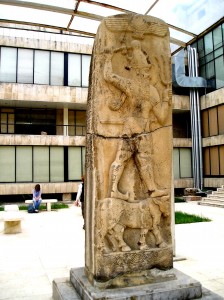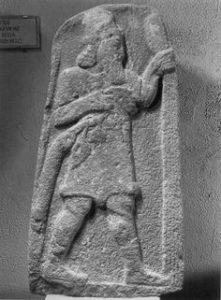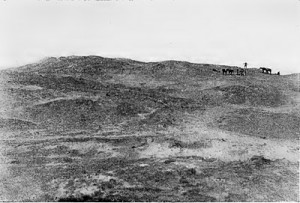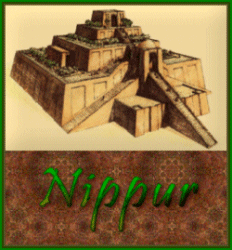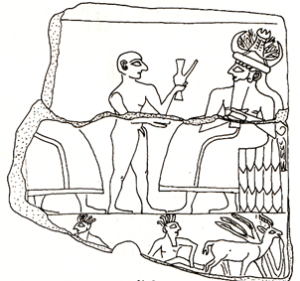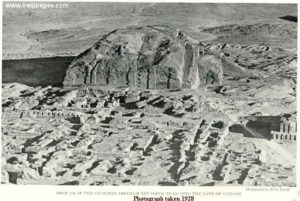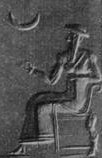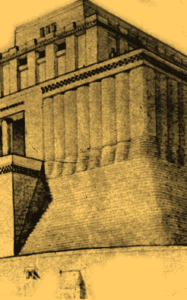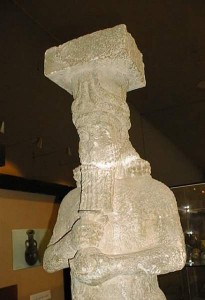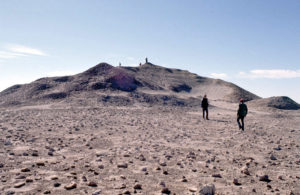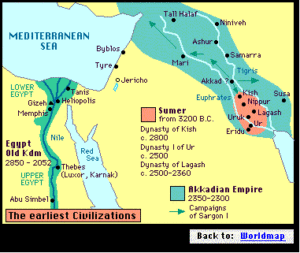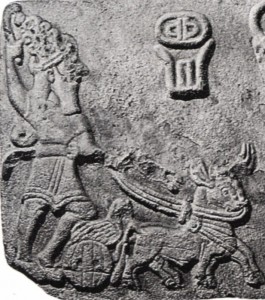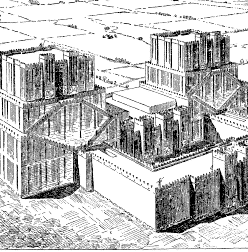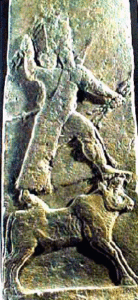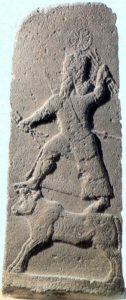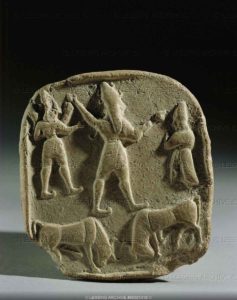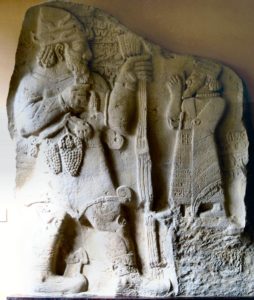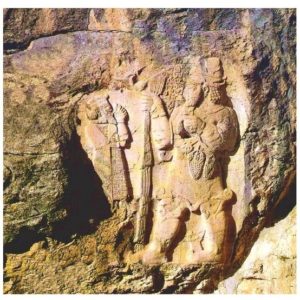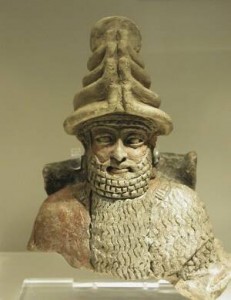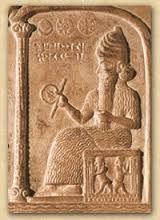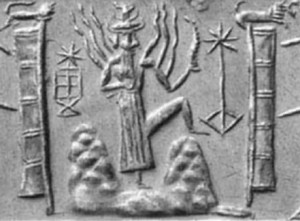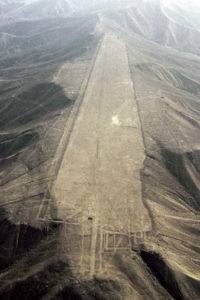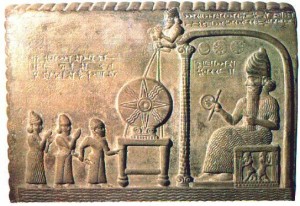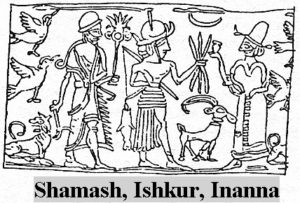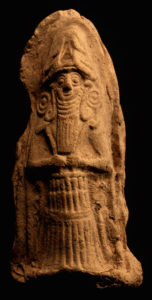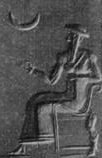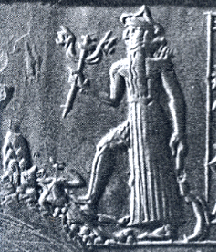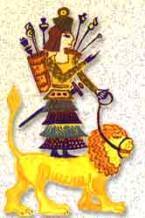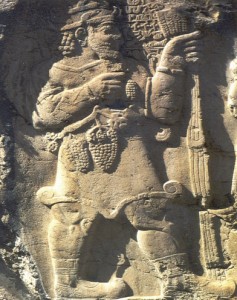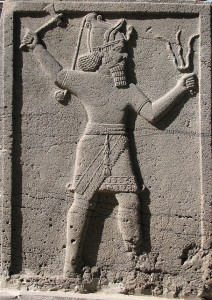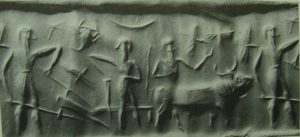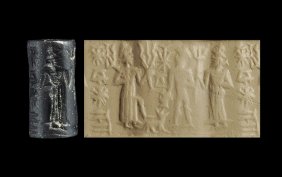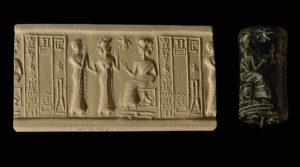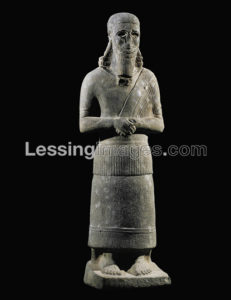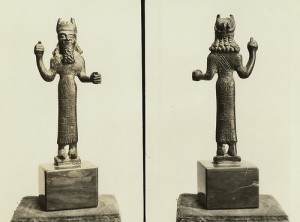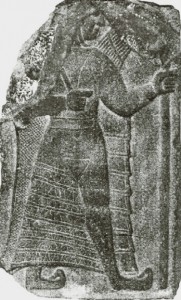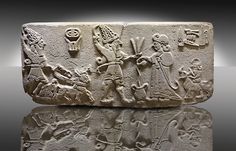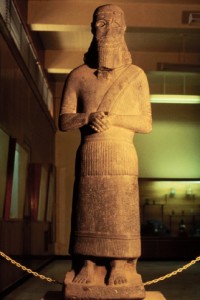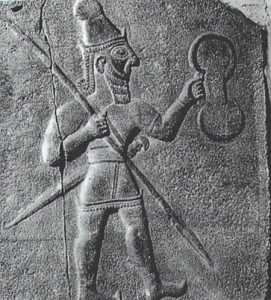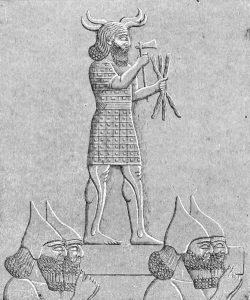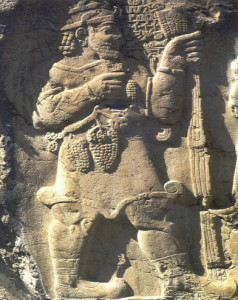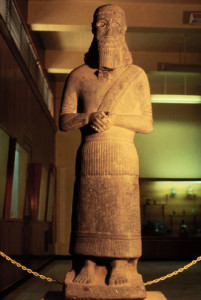SEE SITCHIN’S EARTH CHRONICLES, ETC.:
(Texts: All Artifacts, Color Coding, & Writings in Bold Type With Italics Inside Parenthesis, are Added by Editor R. Brown, not the Authors, Translators, or Publishers!)
(gods in blue …mixed-breed demigods in teal…)
“at that time, holy Inanna established the sanctuary of Agade
as her celebrated woman’s domain; she set up her throne in Ulmac…”
“Inanna’s temple in Agade, UL.MASH (“Glittering, Luxurious”)
in Agade did Inanna erect a temple as her noble abode;
in the Ulmash she set up a throne…”
“In those days, the dwellings of Agade were filled with gold;
its bright-shining houses were filled with silver.
Into its storehouses were brought copper, lead and slabs of lapis-lazuli;
its granaries bulged at the sides.
Its old men were endowed with wisdom,
its old women were endowed with elegance;
its young men were endowed with the Strength-of Weapons,
its little children were endowed with joyous hearts…
The city was full of music…”
One legend related of Sargon in neo-Assyrian times says that:
“My mother was a changeling (?), my father I knew not.
The brothers of my father loved the hills.
My city is Azurpiranu (the wilderness herb fields),
which is situated on the banks of the Euphrates
My changeling mother conceived me, in secret she bore me.
She set me in a basket of rushes, with bitumen she sealed my lid.
She cast me into the river which rose not over me.
The river bore me up and carried me to Akki, the drawer of water.
Akki, the drawer of water, took me as his son and reared me.
Akki the drawer of water, appointed me as his gardener.
While I was gardener Ishtar (Inanna) granted me her love,
and for four and (fifty?) … years I exercised kingship…”
“Sargon, the king, to whom Enlil permitted no rival—
5,400 warriors ate bread daily before him …”
One tablet reads:
“Sargon, the king of Kish, triumphed in thirty-four battles (over the cities)
up to the edge of the sea (and) destroyed their walls.
He made the ships from Meluhha (the Indus civilization),
the ships from Magan (and) the ships from Dilmun (Bahrein)
tie up alongside the quay of Agade.
Sargon the king prostrated himself before (the god) Dagan
(and) made supplication to him;
(and) he (Dagan) gave him the upper land,
namely Mari, Yarmuti, (and) Ebla,
up to the Cedar Forest (and) up to the Silver Mountain …”
Troubles multiplied toward the end of his reign. A later Babylonian text states
“In his old age, all the lands revolted against him,
and they besieged him in Akkad (the city)…”
but
“he went forth to battle and defeated them,
he knocked them over and destroyed their vast army…”
Also shortly after,
“the Subartu (mountainous tribes of) the upper country—
in their turn attacked, but they submitted to his arms,
and Sargon settled their habitations, and he smote them grievously…”
“The Curse of Agade” chronicled…that Inanna had indeed gotten out of hand,“the word of the Ekur” (Enlil’s sacred precinct) was issued against her. But Inanna…forsook her temple and escaped from Agade:
“The ‘word of Ekur‘ (Enlil’s residence – command post) was upon Agade like a deadly silence;
Agade was all atremble, its Ulmash temple was in terror;
She who lived there, left the city.
The maiden forsook her chamber;
Holy Inanna forsook her shrine in Agade…”
The great gods arrived in Agade, they only found an empty temple; all they could do is strip the place of its attributes:
“In days not five, in day not ten,
The crownband of lordship, the tiara of Kingship, the throne given to rulership
Ninurta brought over to his temple;
Utu carried off the city’s ‘Eloquence’;
Enki withdrew its ‘Wisdom.’
Its Awesomeness that could reach the Heaven,
Anu brought up to the midst of Heaven…”
“The kingship of Agade was prostrated, its future was extremely unhappy…”
Then
“Naram-Sin had a vision,
He kept it to himself, put it not in speech,
spoke with nobody about it…
Seven years Naram-Sin remained in wait…”
The coup…against Anu was accompanied by a parallel attack on Enlil’s seat and symbols of authority. This task was assigned by Inanna to Naram-Sin. Upon receiving his new orders:
“He defiled the word of Enlil,
Crushed those who had served Enlil,
Mobilized his troops, and
Like a hero accustomed to high-handedness
Put a restraining hand on the Ekur.
Like a bandit he plundered it…”
“Erecting large ladders against the House,…”
smashing his way in, he entered its Holy of Holies:
“the people now saw its sacred cella, a chamber that knew not light;
the Akkadians saw the holy vessels of the god…”
Naram-Sin
“cast them into the fire, docked large boats at the quay by the House of Enlil,
and carried off the possessions of the city…”
The horrible sacrilege was complete…Enlil “lifted his eyes”…Because his beloved Ekur had been attacked,he ordered the hordes of Gutium—a mountainland to the northeast of Mesopotamia—to attack Akkad and lay it waste. They came down upon Akkad and its cities
“in vast numbers, like locusts…nothing escaped their arm…”
The fall of Akkad was due to Naram-Suen’s attack upon the city of Nippur. When prompted by a pair of inauspicious oracles from Inanna, the king sacked the E-kur temple, the House of Enlil. As a result of this, eight chief deities of the Anunaki pantheon came together and withdrew their support from Akkad.
“For the first time since cities were built and founded,
The great agricultural tracts produced no grain,
The inundated tracts produced no fish,
The irrigated orchards produced neither wine nor syrup,
The gathered clouds did not rain, the masgurum did not grow.
At that time, one shekel’s worth of oil was only one-half quart,
One shekel’s worth of grain was only one-half quart. . . .
These sold at such prices in the markets of all the cities!
He who slept on the roof, died on the roof,
He who slept in the house, had no burial,
People were flailing at themselves from hunger…”
“the city who dared assault the Ekur…”
“And lo, so it came to pass…Agade is destroyed…”
Agade forever remained desolate.
A later Babylonian text states:
“In his old age, all the lands revolted against him,
and they besieged him in Akkad (the city)…”
but
“he went forth to battle and defeated them,
he knocked them over and destroyed their vast army…”
Also shortly after,
“the Subartu (mountainous tribes of) the upper country—
in their turn attacked, but they submitted to his arms,
and Sargon settled their habitations, and he smote them grievously…”
“Who was king? Who was not king?
Irgigi the king; Nanum, the king; Imi the king; Ilulu, the king—
the four of them were kings but reigned only three years.
Dudu reigned 21 years; Shu-Durul, the son of Dudu, reigned 15 years. …
Agade was defeated and its kingship carried off to Uruk…”
We read further in the inegmatic text that during the Gutian occupation that followed Naram-Sin’s reign, the divine object lay untouched
“beside the dam-works for the waters…”
because
“they knew not how to carry out the rules regarding the divine artifact…”
The object had to remain in its divine place
“without being opened up,…”
and
“not being offered to any god…”
until
“the gods who brought the destruction shall make restitution….”
King Utu-Hehal
“seized the Shuhadaku in its place of resting; into his hand he took it…”
although
“the end of the restitution has not yet occurred…”
Unauthorized, Utu-Hegal
“raised the weapon against the city he was besieging…”
As soon as he had done that, he fell dead.
“The river carried off his sunken body…”
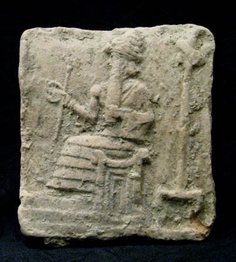 (Utu, son to Nannar, grandson to Earth Colony Commander Enlil)
(Utu, son to Nannar, grandson to Earth Colony Commander Enlil)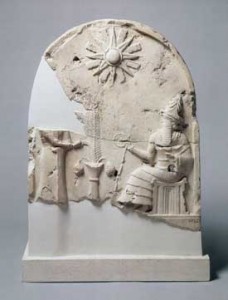 (giant mixed-breed king stands before Utu, the Sun God)
(giant mixed-breed king stands before Utu, the Sun God)
